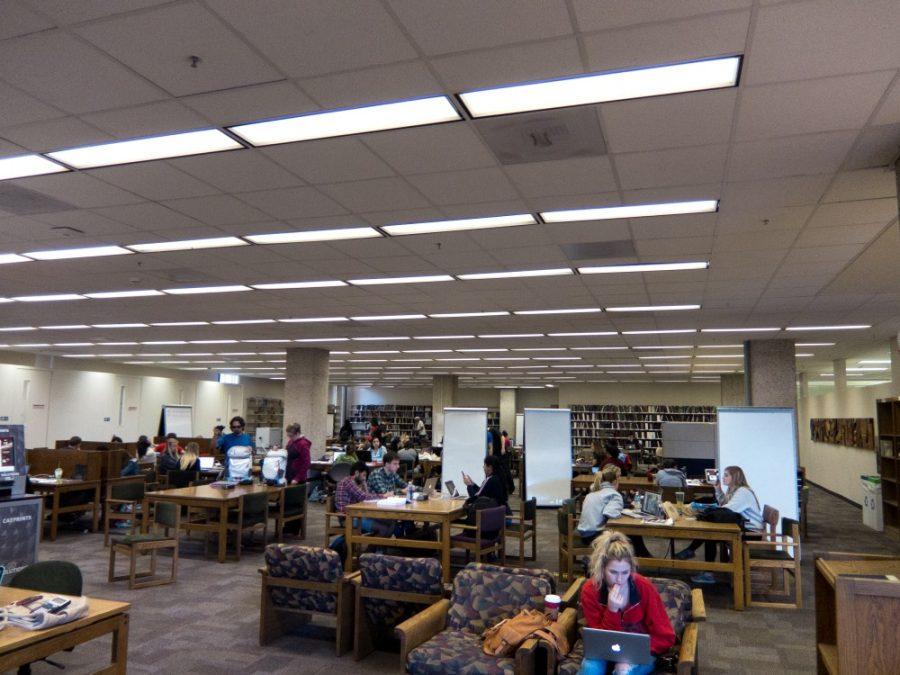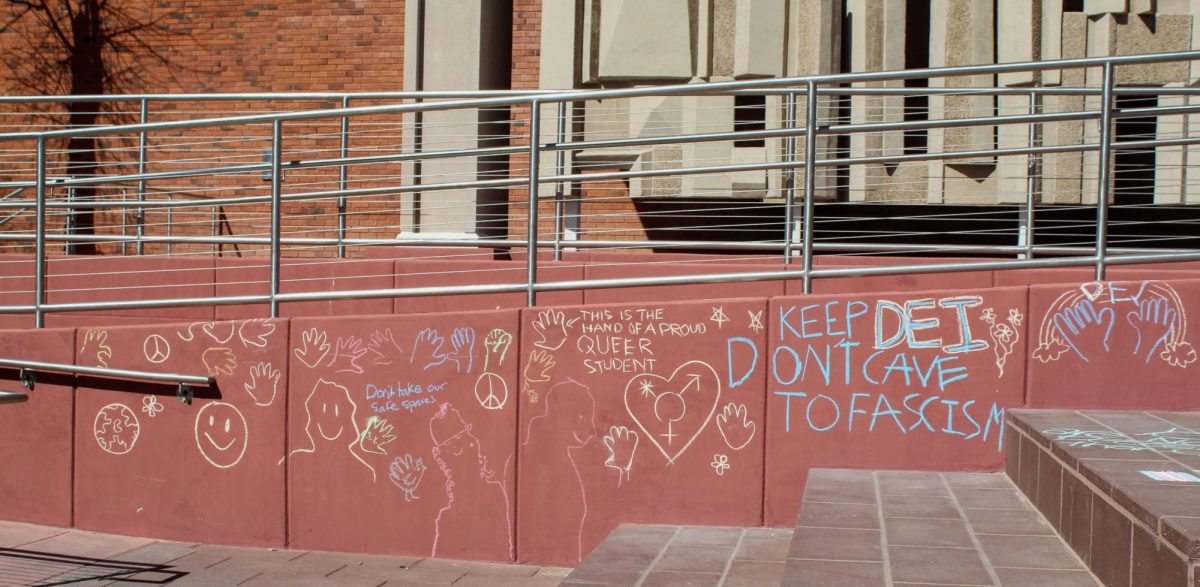The UA joined a number of prestigious institutions by sending a representative to the Nationwide Digital Preservation Task Force in New York City to develop tools to revolutionize the archiving of modern correspondence.
The Nationwide Digital Preservation Task Force, sponsored by the Andrew W. Mellon Foundation and the Digital Preservation Coalition, contains representatives from Google, Microsoft, Harvard, Yale, Columbia University and members of the National Archives and Records Administration and the Smithsonian Institution Archives.
“The task force was brought together to start creating a technical report focused on the tools and best practices for preserving emails for cultural heritage institutions,” said Erin O’Meara, head of the Office of Digital Innovation and Stewardship within the University Libraries.
O’Meara, who recently joined the UA Libraries, is UA’s representative in the working group. She previously developed techniques and workflows that enabled strategic capture and provided access to email collections and other born-digital holdings.
RELATED: UA’s OER initiative combats rising textbook prices with the internet
“Email is a system or a protocol of transmitting information, and the content held within these emails and systems now forms the basis of what we would traditionally think of as correspondence,” O’Meara said.
She said traditionally libraries, archives and museums have accumulated correspondence as a component of their efforts to document significant events and primary sources within their collecting scope.
“There is currently a gap in tool sets for libraries and archives to be able to holistically preserve and provide access to email collections,” O’Meara said.
Bruce Fulton, an assistant professor in the UA School of Information said the task force will address the lack of standards for email preservation.
“A big problem is digital preservation,” said Beau Smith, who works for the Defense Technical Information Center in Washington, D.C. “In general, it’s vastly more complicated then preserving paper records because of the inherently unstable nature of the medium.”
Smith obtained a Master of Arts in library and information science and a graduate certificate in digital information management from the UA in 2016.
Email format must be considered when attempting preservation, and the software sending emails is not inherently designed to save them, Smith said when discussing the challenges the task force faces.
He said emails get lost, deleted or corrupted, and hyperlinks and embedded multimedia placed in correspondence can be broken on subsequent operating systems, or webpages can be taken down.
Along with technical challenges, personal approaches to email create barriers to collection.
O’Meara said an organization’s competing interests in preserving the history of their institutions and risk management influence policies that automatically delete emails and impede collection.
RELATED: UA creates new directory to further display the history
In some cases, individuals pass away and obtaining access to their email accounts violates providers’ terms of service or, even with the help of their families, it is impossible without their passwords, according to O’Meara.
“With digital records, you almost have to start thinking about the preservation process from the objects’ creations, because of all the important details that go into preserving a digital object in the long term,” Smith said.
The task force will attempt to address the need for tools able to sort though massive email collections as well.
“Your inbox doesn’t have a lot of historical or legal value, and it takes a lot of effort to build tools to help automate that deselection of junk email,” O’Meara said.
The task force will publish an official report after 12 months with recommendations for specific actions that archives could take within five years to create, preserve and provide access to records of electronic correspondence.
“Email is an important right now, and I hope people start thinking about it in their own personal life, how they want to proactively save for their own personal archiving needs,” O’Meara said. “People will not be able to go into their basements and see the letters of their parents and grandparents. We need tools for everybody to preserve the email they want to keep for generations to come.”
Follow Randall Eck on Twitter.









